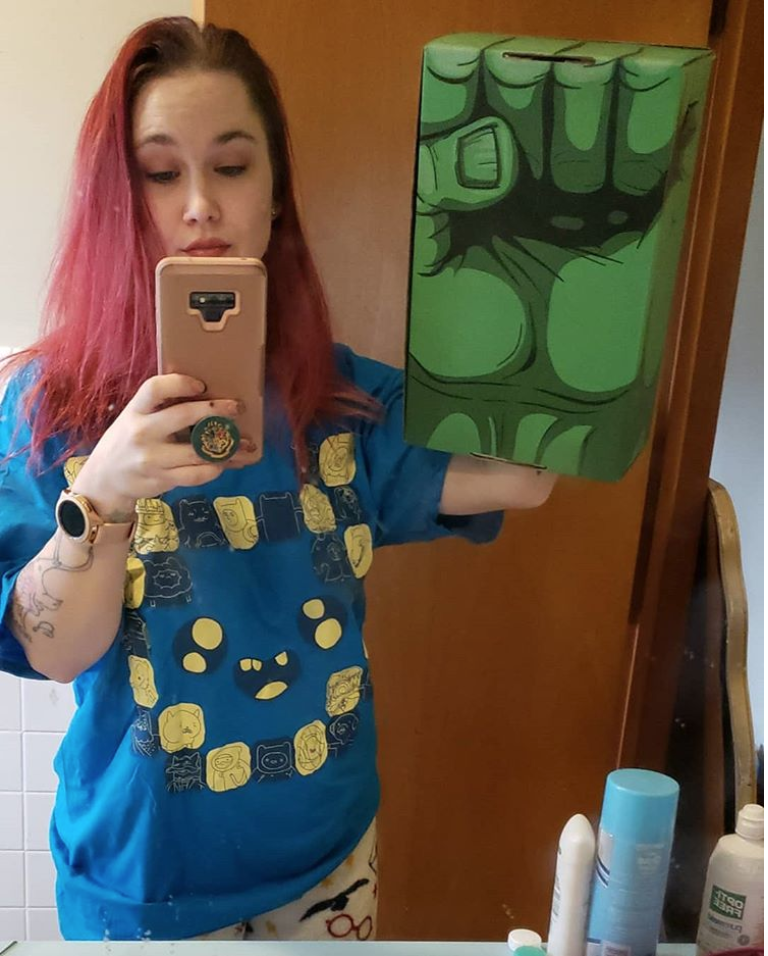

The title itself, 'Remains', could be seen as a pun, used by the poet to mean human remains and the psycho-emotional wound that stays with the individual soldier.This mirrors some of the symptoms of illness so many war veterans experience. However, the syntax (the way clauses and grammar 'ride' the form) produces undercurrents and hesitation which brings a sense of instability and uncertainty.
THE LOOTER GOES IN FOR HIMSELF FREE
The form of the poem is formal, eight mostly neat free verse stanzas (quatrains) with one couplet underlining. In this sense, the poem is similar to Thomas Hardy's poem 'The Man He Killed'. The language (diction) is informal, colloquial, as if the soldier were in natural conversation. One in particular, Guardsman Tromans, a British soldier who served in Iraq in 2003, was interviewed by the poet. It's known that the poet wrote 'Remains' following the war in Iraq and subsequent testimony from soldiers experiencing PTSD (post-traumatic stress disorder). At no point in the poem is the reader told the person shooting is a soldier. And it's not clear if the shooter is actually a soldier. The reader isn't given specifics-there's no mention of which war the soldier is part of for example. It is a dramatic monologue, the speaker looking back in time describing the incident and then reflecting on their personal response to the shooting of an individual who may have been armed, maybe not.





 0 kommentar(er)
0 kommentar(er)
